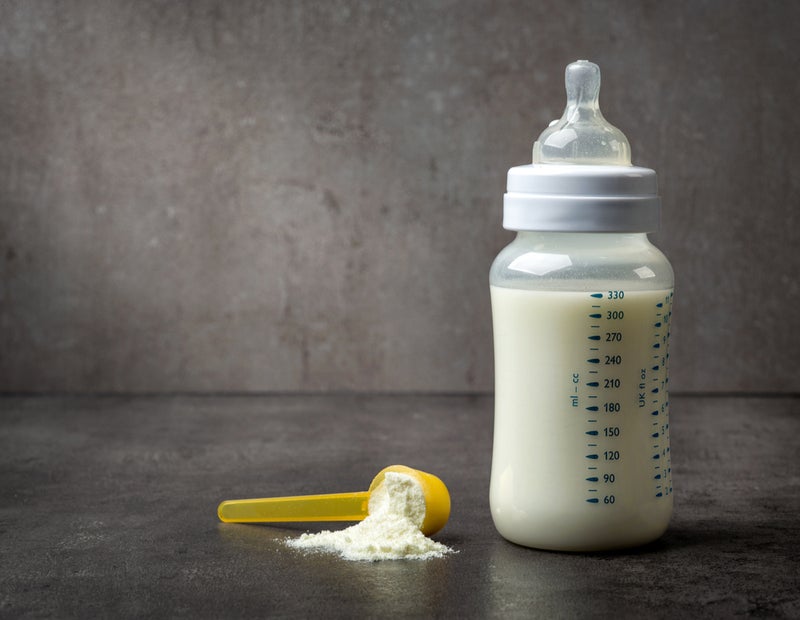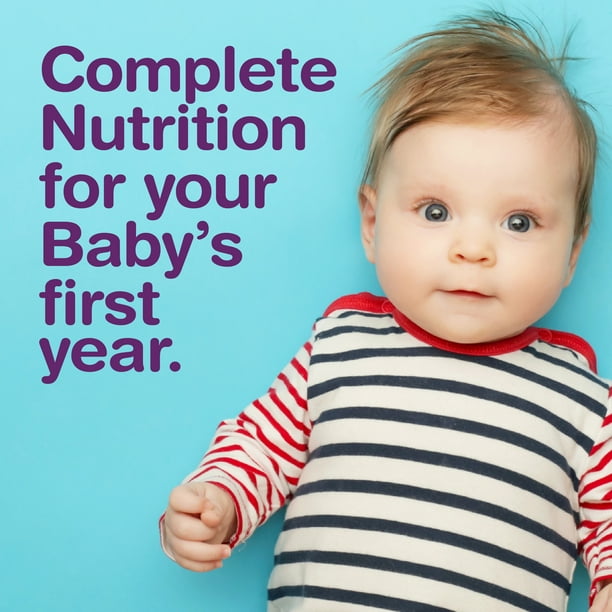Health And Nutrition Claims
Health And Nutrition Claims: Marketing for infant formula uses catchy phrases like “brain-nourishing” or “supporting immune health” to describe the formulas and ingredients. These dietary assertions are not only persuasive but also sneaky generalizations. Parents are aware that some hype is included in the marketing of baby formula. However, cutting through the hype is difficult, which is a major reason why Formula Sense is required.
In this article, I’ll start to break down marketing terms so you can more effectively understand the structure function claim, which is the most typical nutrition claim used in formula marketing.

What Are Health And Nutrition Claims, And Why Do They Matter?
What Do Nutritional Claims Mean?
An assertion that a food provides a nutritional quality or benefit is known as a nutrition claim. Governments control assertions that a food has a specific advantageous quality.
Structure/function claims, a precise but cumbersome term, are how nutrition claims are referred to in the US. The European Commission uses the simpler term “nutrition claim.” In the media, the phrases “parents” and “providers” may be used interchangeably. (In this article, I utilise both.)
Structure Function Claims: What Are They?
Structure/function claims are the name given to nutrition claims in the US. These are simple explanations of the connection between a nutrient or substance and the typical composition or operation of the human body. As an illustration, consider this well-known nutrition claim:

This is straightforward at first glance, right? The function that nutrients perform in the body is complicated, nevertheless. Rarely do they play a single role, and when they do, other nutrients play a part as well. From a scientific perspective, the language used to describe a structure/function link ends up being vague.
Take vitamin C, for instance, a substance with numerous biological functions in cells. Some of these cellular functions can be grouped together based on how they affect immune system performance. And this is when things get a bit complicated. Claims about structure and function may also be used to characterise a mechanism.
Therefore, this function claim is true:

But, this relationship is not unique!
The immune system is maintained by vitamins A, B12, D, thiamine, riboflavin, and niacin, among others. Selenium and zinc are important minerals as well.
Claims about structure or function serve as mental shortcuts to characterise a relationship in general terms. They are brief descriptions that are practical yet inaccurate, more akin to an impressionist painting than a snapshot. They want to make something that is biologically quite complex simpler. Certainly, simplifying ideas is beneficial! However, there is a nasty flipside: because of their imprecision, they are susceptible to exaggeration and cunning manipulation.
How may nutrition claims on baby formula fool parents?
By omitting crucial context, nutrition claims for formula might deceive parents. Marketers skillfully exploit nutrition claims to persuade consumers, much like a magician’s tricks might make you miss what they’re really doing.
It is frequently implied that there is a greater connection than science can prove. Technically speaking, the relationship exists, but the corporation is breaking any US labelling laws. Although it may be deceptive, it is not actually misleading. Additionally, the First Amendment safeguards commercial speech.

How may nutrition claims on baby formula fool parents?
A complicated series of “one-to-many relationships” are also presented to the public by formula marketers. One element is linked to numerous nutritional or biological processes, which is unquestionably true as demonstrated by the example of vitamin C.
Parents are also shown the opposite, a single bodily function that is affected by a number of other ingredients. Technically, this relationship does exist.
Whatever infant formula you use, these assertions are accurate! The nutrients infants require to develop and flourish are found in infant formula, which is subject to strict regulation. Formula comparisons are equivalent to comparing kale to carrots rather than kale to cupcakes.
What are the Baby Formula’s Most Common Structure Function Claims?
Let’s go back to a study regarding claims from 2023, Health and Nutrition Claims for Infant Formula: International Cross Sectional Study, now that we’ve discussed what nutrition claims are and how they might be abused. Researchers from 15 counties identified 31 distinct categories of claims for this study. Every infant formula sold in the US made at least one claim. Per product, there were typically 4 nutrition claims.
The most prevalent claim category worldwide was “helps/supports development of brain and/or eyes and/or nervous system.” A claim regarding the brain or nervous system was included in more than half of the 757 baby formula products examined. Furthermore, this one claim was connected to 13 different components. Technically, none of these relationships are erroneous.
The study team created a network graphic of the most prevalent claims to show the complexity that is presented to professionals and parents. Dietary statements are on labels that are light purple. Ingredient labels are purple and blue. The lines between claims and ingredients are drawn with varying thicknesses, which indicate how frequently the claim was discovered by the researchers. (I’ve made their figure a little bit more horizontal and noted the most prevalent claim.)
Why Do Nutritional Claims for Infant Formula Matter?
Formula producers use promises about nutrition, structure, and function to sell rather than educate. A structure/function claim’s intrinsic ambiguity makes it simple for logical fallacies and distortions to occur. Marketing that makes claims about structure and function can deceive parents who are attempting to make decisions based on science.
These scientific errors take advantage of the concerns and aspirations of parents, as the WHO and UNICEF have noted. In the United States, maternal guilt, worry, and emotions of failure are all too prevalent. Parents require real help, not deceptive advice that feeds on guilt.

Why Do Nutritional Claims for Infant Formula Matter?
It’s wonderful that healthcare professionals be aware of how formula marketing affects feeding choices. In addition to being technically accurate, the information used to make those decisions must also be emotionally real.
Infant formula is a product that is heavily regulated. All infant formulae have the nutrients they require to develop and thrive. There are minute variations, but research hasn’t yet shown which formula is superior. They all boost immune systems and nourish the brain. The fact that parents now have a lot of freedom in selecting the product most suited to their family and circumstance is exciting news.

